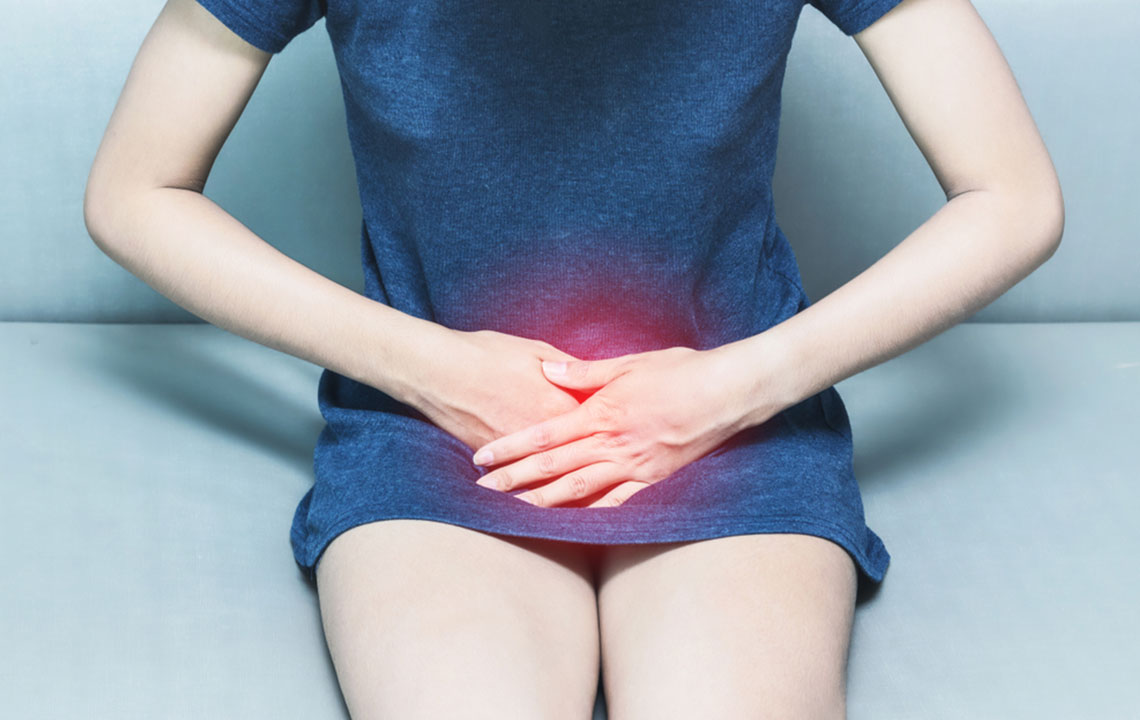Bladder cancer – What are its symptoms
The bladder holds urine produced by the body. Bladder cancer, as the name suggests, originates in the bladder and affects the tissues of the organ. The National Institutes of Health (NIH) states that around 45,000 men and 17,000 women are diagnosed with this condition each year.
Bladder cancer starts when the carcinogens affect the cells present in the inner lining of the bladder. These cells are also called urothelial cells. Even though it commonly occurs in the bladder, this type of cancer can also affect different parts of the urinary tract.
Approximately seven out of ten cases of bladder cancer are diagnosed at an early stage.

Symptoms
Some of the common signs and symptoms of bladder cancer are:
- Presence of blood in urine or hematuria
- Pain during urination
- Pelvic pain
If you suffer from hematuria, your urine may be colored bright red. Sometimes, the presence of blood in the urine may not be visible.
Bladder cancer can also induce:
- Frequent urination
- Back pain
However, these symptoms are common and can also occur due to some other disorders.
When to see a doctor?
If you detect blood in your urine, visit you doctor at the earliest. Furthermore, make sure to visit your doctor if you notice any other symptoms of bladder cancer.
Who is at risk for bladder cancer?
In a few cases, smoking could make you susceptible to bladder cancer. Smoking is found to be responsible for nearly half of all cases of bladder cancers, both in men and women. Here are some other factors that might make you prone to the condition:
- Exposure to carcinogenic chemicals
- Repeated occurrence of bladder infections
- Consuming less fluids
- People older than 55 years
- Consuming high amounts of fat

